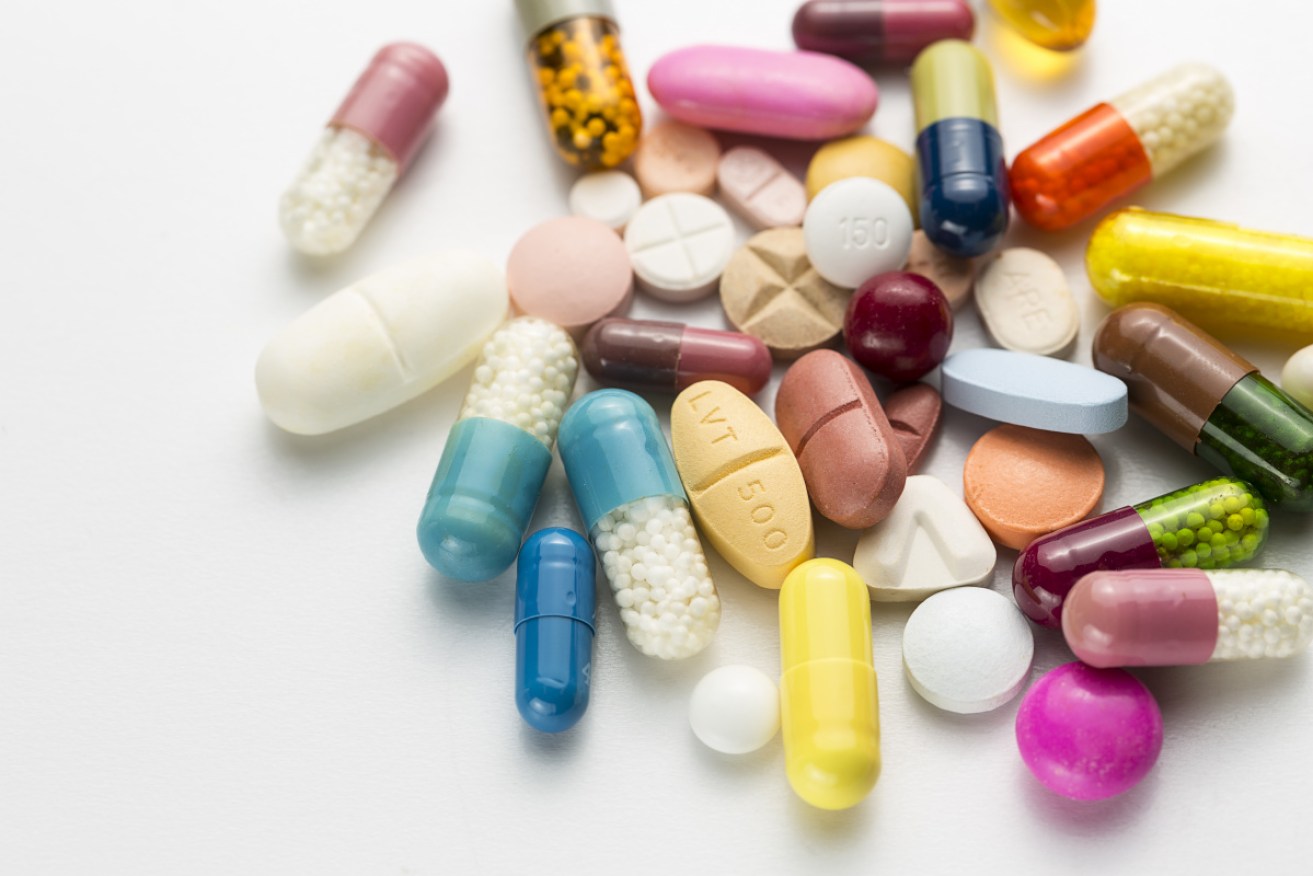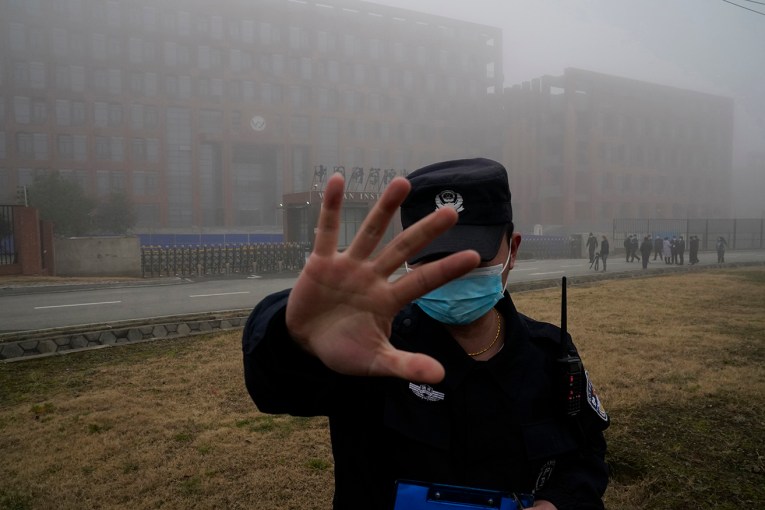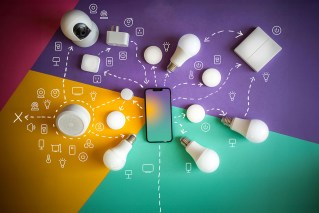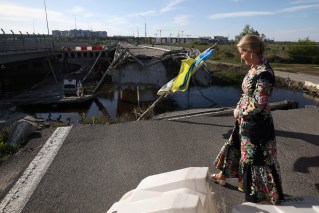The everyday items we all throw in the bin – with dire consequences


There's a particular way to dispose of medication. Photo: Getty
It’s the start of the year and Australians are purging.
The release of Japanese decluttering guru Marie Kondo’s show, Tidying Up on Netflix has sparked a national cleaning frenzy, with Aussies now throwing out so much stuff that government bodies are pleading for us to stop.
Sustainability Victoria acting CEO Stephanie Ziersch last week urged Australians to “find joy in rehoming their discarded items instead of sending them into landfill”, and there have been reports of charities being unable to keep up with donations that are running rampant.
And while items like clothes, furniture and books can be re-homed or recycled, there are certain things – such as expired medication and electronics – that should never go into the bin.
Expired medication
The chances are that most people’s medicine cabinets are filled with at least a couple of old antibiotic pills or out-of-date painkillers.
And as many focus on cleansing their homes of waste, old medicines will inevitably fall prey to the bin.
Unfortunately, few people know that throwing expired pharmaceuticals into garbage or flushing them down the toilet is not only harmful to the environment – but potentially dangerous to our health.
“It’s very important we dispose of pharmaceuticals in a responsible way,” says Monash University’s Professor Bob Wong, who also heads the Behavioural Ecology Research Group.
“What a lot of people don’t realise is that the medications we take can end up in the environment and cause all kinds of negative environmental effects.”
Professor Wong and his team have been studying for years the effects pharmaceuticals, such as antidepressants and the contraceptive pill, have on the environment.
They’ve since discovered that these medications can alter the behaviour of animals, how they reproduce and even how they escape from predators.
Last year, Professor Wong’s lab published research showing fluoxetine, one of the antidepressants detected in significant concentrations in insects in Melbourne’s waterways, made male mosquitofish more sexually aggressive.
So, what to do with all those pills? With as many as 777,000 prescriptions filled out every day in Australia (and more than 35 million related to mental health), Australians are invariably – and unconsciously – contributing to ecological pollution.
Enter the Return Unwanted Medicines national scheme, also known as the RUM Project, a federal government-funded initiative that provides Australians with a free and convenient way to dispose of expired and unwanted household medicines.
Under the project, unwanted medications can be dropped off at any time to any community pharmacy, which will then send it off to RUM for safe disposal by high-temperature incineration.
RUM project manager Toni Riley is astounded that so many Australians have no idea how to discard unwanted medication.
“Our program has been around for 20 years, and when I speak to community groups and other stakeholders I can’t believe how often I hear, ‘Oh, this is a great idea. I wish I’d known about it sooner’,” she told The New Daily.
Ms Riley said taking stock of your medication – and being conscious of where it’s kept – was also very important.
“The risk of keeping medicine that we no longer need is great,” she said.
“Each year, thousands of children end up in hospital because they’ve accessed medication that should have not been there.”

E-waste is a huge problem in Australia. Photo: Getty
Electronics
It’s not just pharmaceuticals that are wreaking havoc on the environment: Old electronics are just as bad, with the toxic materials and hazardous chemicals used to make them often leaking into soil and water if not disposed of correctly.
Examples of unsafe disposal include leaving computers, TVs and other e-waste on the kerb for long periods, where they can get wet and leak into the environment; and throwing electronics out with other rubbish – which can result in chemical leakage into stormwater drains and soil.
Studies have also pointed to adverse health outcomes for people living in towns full of e-waste. A 2013 systematic review of studies looking at health and electronic waste by prominent Queensland health experts found significant links between exposure to e-waste and increases in stillbirths, premature births, reduced birth weights and birth lengths.
People living in e-waste recycling towns or working in e-waste recycling also showed evidence of greater DNA damage than did those living in control towns.
So what’s the solution? With new gadgets being released every few months, it’s hard for most to resist the pull of a flashy phone, detachable, touchscreen laptop or the latest 4K TV.
As a response, the Australian government created the National Television and Computer Recycling Scheme in 2011, which lets homes and small businesses dispose of their computers, computer components (such as keyboards, monitors, mice etc) and TVs at drop-off points in each state and territory, free of charge.
So far, more than 1800 collection services have been made available to the public and 230,000 tonnes of e-waste have been collected and recycled.
Under the scheme, there are four organisations that recycle televisions, computers and accessories: TechCollect, Drop Zone, E-Cycle Solutions and Electronic Product Stewardship Australasia.
For mobile phones, companies such as MobileMuster – a free, not-for-profit mobile phone recycling program that accepts all brands and types of mobile phones, plus their batteries, chargers and accessories – is one option.
Aldi, Officeworks and Batteryworld stores also accept used batteries – which are easily recycled – and Sustainability Victoria also cites many permanent drop-off sites on its website.
Planet Ark Environmental Foundation, an Australian not-for-profit organisation, also includes information about e-waste recycling on its website.








